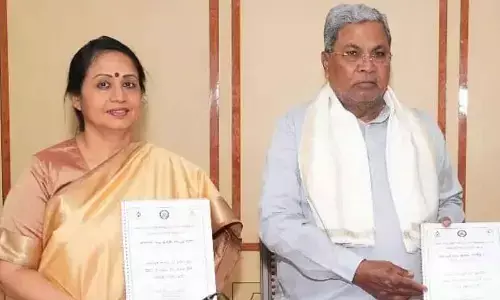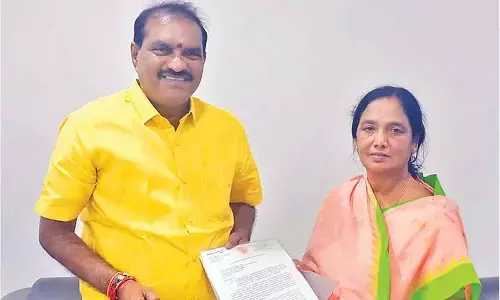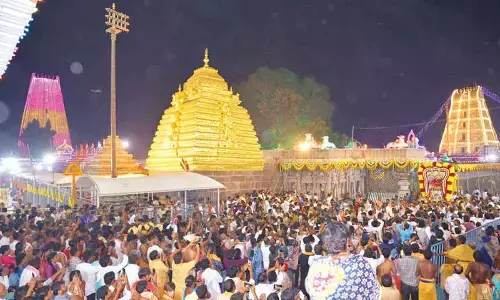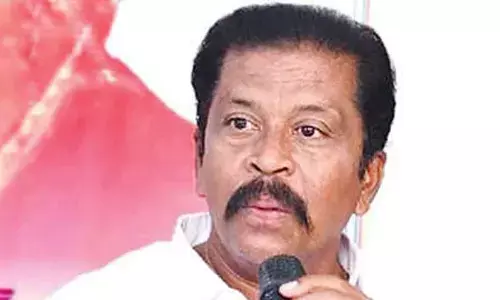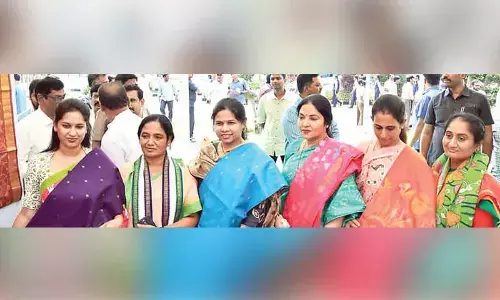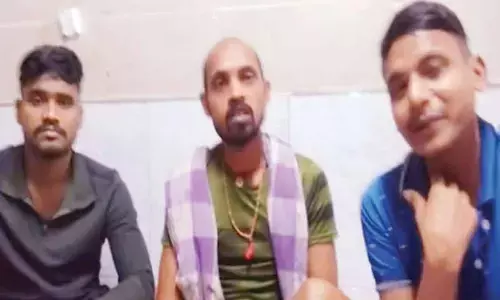Balancing key in social media curbs
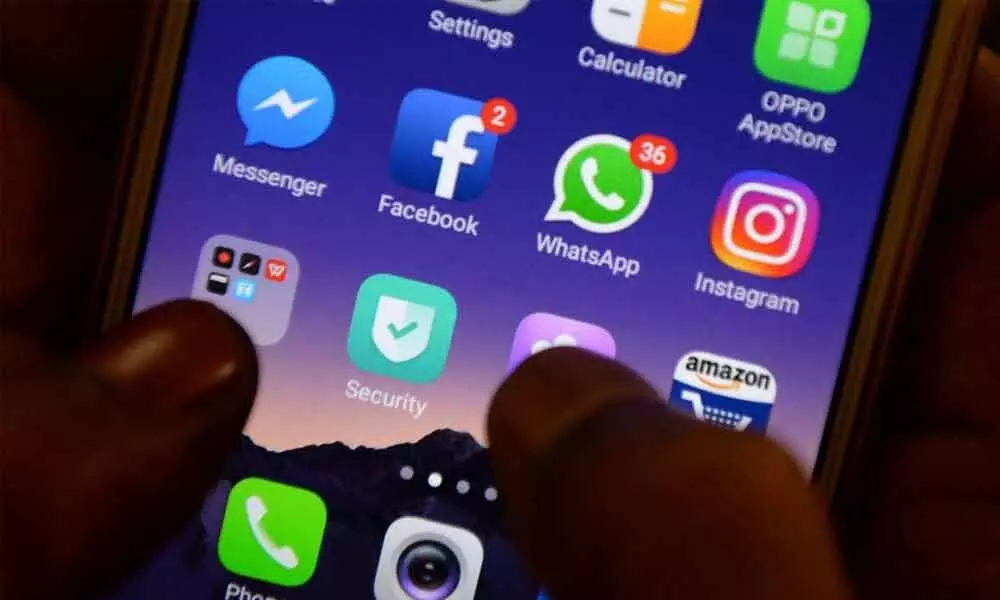
Balancing key in social media curbs
As the deadline for complying with the new regulations for big social media firms approaches, confrontation of some degree seems to be the order of the day.
As the deadline for complying with the new regulations for big social media firms approaches, confrontation of some degree seems to be the order of the day. On February 25 this year, the Centre announced rules to curb misuse of social media platforms and regulate the OTT platforms. These guidelines covered the likes of Facebook, WhatsApp, Twitter, Koo, and all OTT platforms. According to the regulations, all significant social media intermediaries have to appoint a chief compliance officer, nodal contact person, resident grievance officer for addressing the concerns of aggrieved persons or institutions. The rule also mandates that each of these people have to reside in India. Apart from these rules, social media intermediaries need to have a physical contact address in India published on its website or mobile application or both. The central government gave three months time period for complying with these regulations which ended on May 25.
Sources in the know said that most social media giants are yet to comply with the new regulations. Only India-born Koo has appointed a resident grievance officer, a chief compliance officer and a nodal contact person yet. Social media giants like Facebook, Twitter and WhatsApp are yet to comply with these regulations. Meanwhile, raids on the Twitter office in New Delhi on May 24 have made matters worse. The company premises were raided after Twitter had marked one of the tweets of BJP spokesperson Sambit Patra as 'manipulated media.'
The guidelines mandate that if these significant social media platforms don't comply with the new regulations, they may lose their status and protections as intermediaries and may become liable for criminal action as per the existing laws of India. Currently, these platforms known as intermediaries have been exempted from liabilities under Section 79 of the Information Technology Act, for any third-party content hosted by them.
As the debate over the compliance regulations rages, Facebook said on Tuesday that it aims to comply with the new norms and is in discussion with the government over a few issues. Whatever may be the outcome of these discussions, the faceoff between the Indian government and significant social media platforms is not ruled out. Over the years, these platforms have emerged as one of the biggest influencers of public policy across the world. These platforms are also increasingly being used by normal citizens to post their views and grievances. During this pandemic period, emergency calls for oxygen, hospital beds, blood plasma and key drugs is a case in point. Though the Jury is still divided whether such non-government organisations should be regulated or not and if yes, to what extent, the Indian government like many other nations across Europe and Asia wants to put a check on the influence of these platforms. While the outcome of the current confrontation will play out in the near future, it will be wise to take a middle path where accountability and free expression can be accommodated under one roof.



